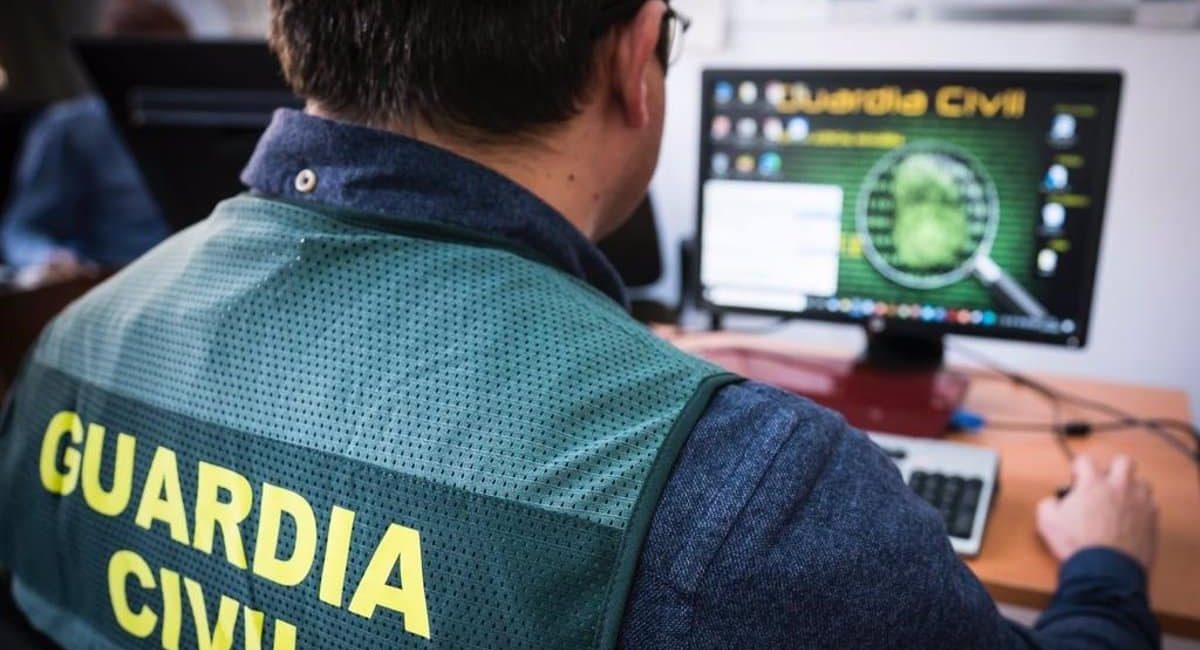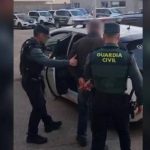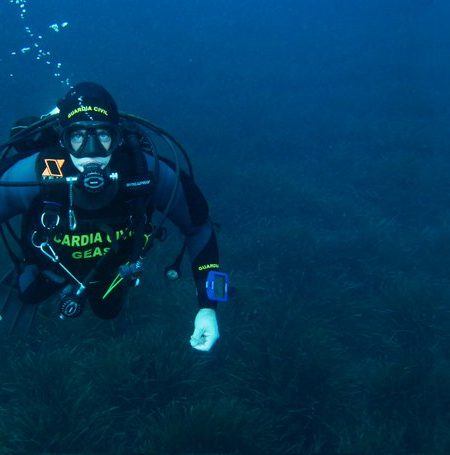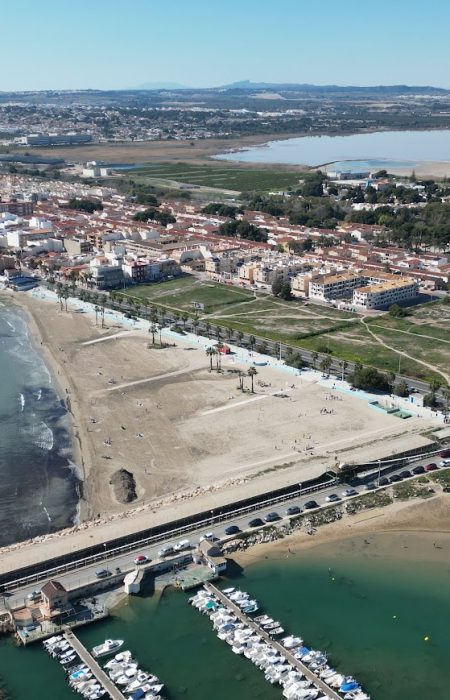As part of Operation Coinblack-Wendimine, the Guardia Civil and the National Police have apprehended six individuals between the ages of 34 and 57 who are purportedly affiliated with a criminal organisation that is accused of defrauding over €19 million from 208 victims through fraudulent cryptocurrency investments.
The investigation was conducted in a variety of locations throughout Alicante and Granada. Agents conducted a search of the residence of the organisation’s primary commander in Spain, who was preparing to leave for Dubai. They confiscated a fake gun, extensive documentation, numerous mobile phones, computers, and hard drives.
Two years ago, a man in Granada reported that he had been defrauded of €624,000, which sparked the operation. Officers discovered the network that connected the criminal organisation to cryptocurrency investments that were ultimately discovered to be fraudulent. Concurrently, the National Police in Alicante were conducting an investigation into the same network, which encompassed the offence of document forgery.
The organisation advertised on a variety of websites that were associated with cryptocurrency investments and featured prominent figures. Additionally, the victims were not chosen at random; rather, algorithms selected those whose profiles corresponded with the cybercriminals’ enquiries.
After selecting their victims, they placed advertising campaigns on the websites or social media platforms they used, promising them cryptocurrency investments with high returns and no danger of financial loss. These investments, of course, turned out to be scams. After selecting their victims, they established advertising campaigns on the websites or social media platforms they utilised, promising them cryptocurrency investments with high returns and no danger of financial loss. These investments, of course, proved to be fraudulent.
False financial advisors
The cybercriminals gained their trust by masquerading as financial advisors, sometimes even claiming to be in a romantic relationship, and by sending them false information through fake websites with fictitious returns. They urged them to convert all of the money in their accounts to cryptocurrency. Upon deciding to extricate their investment funds, the victims encountered numerous obstacles and impediments, which led them to the realisation that they had been defrauded.
The cybercriminals contacted the victims again after a period of time, assuming the identity of investment managers and informing them that the money had been locked. They also stated that it was possible to retrieve the funds, but in order to do so, they would need to make another deposit, typically in the amount of a substantial sum. The victims, who had reported the incidents, received a message from fictitious Europol agents or lawyers from the United Kingdom, informing them that they had successfully retrieved their money and that the only remaining task was to pay the taxes associated with the country in which it was blocked. Once more, they consented to pay the purported taxes, confident that they would be able to recoup their investment.
The victims, who had reported the incident to the Guardia Civil or the National Police, received a message from fictitious Europol agents or fictitious UK lawyers informing them that they had successfully recovered their money and that the only remaining task was to pay the taxes associated with the country in which it was blocked. Once more, they consented to pay the purported taxes, confident that they would be able to recoup their investment.
Arrests were conducted in Alicante, Torrevieja, Santa Pola, and Villajoyosa. Fraud, money laundering, and falsification of documents within a criminal organisation are all charges against each individual. The ringleader was remanded in detention after being brought before the Alicante Investigative Court. The inquiry continues to be ongoing.
The Technological Crimes Investigation Team (EDITE) of the Organic Judicial Police Unit of the Granada Civil Guard and the Unit against Immigration Networks and Document Forgery (UCRIF-3) of the Alicante National Police conducted the operation, which was overseen by the Granada Prosecutor for Technological Crimes.








No Comment! Be the first one.